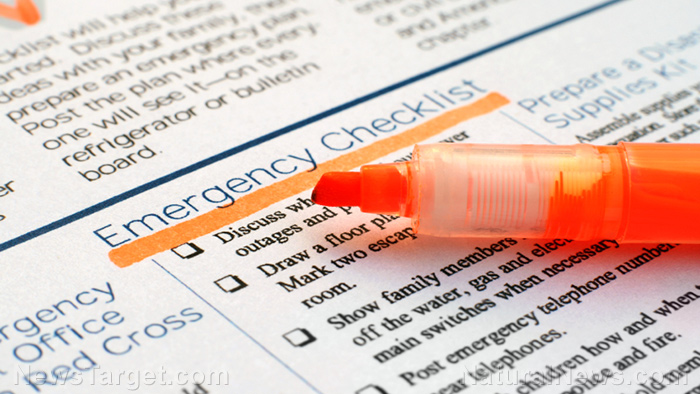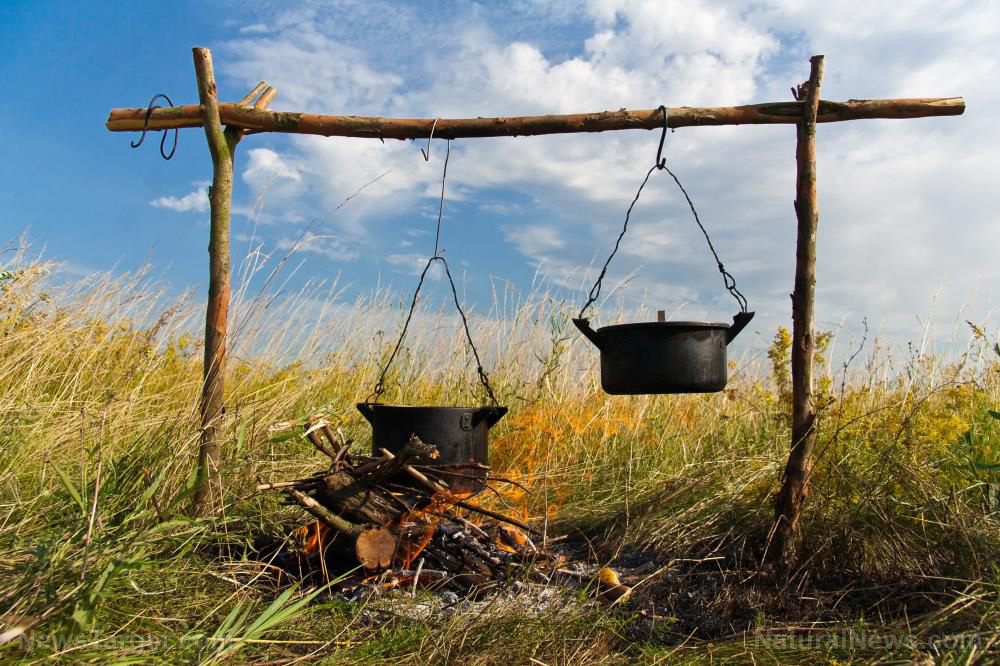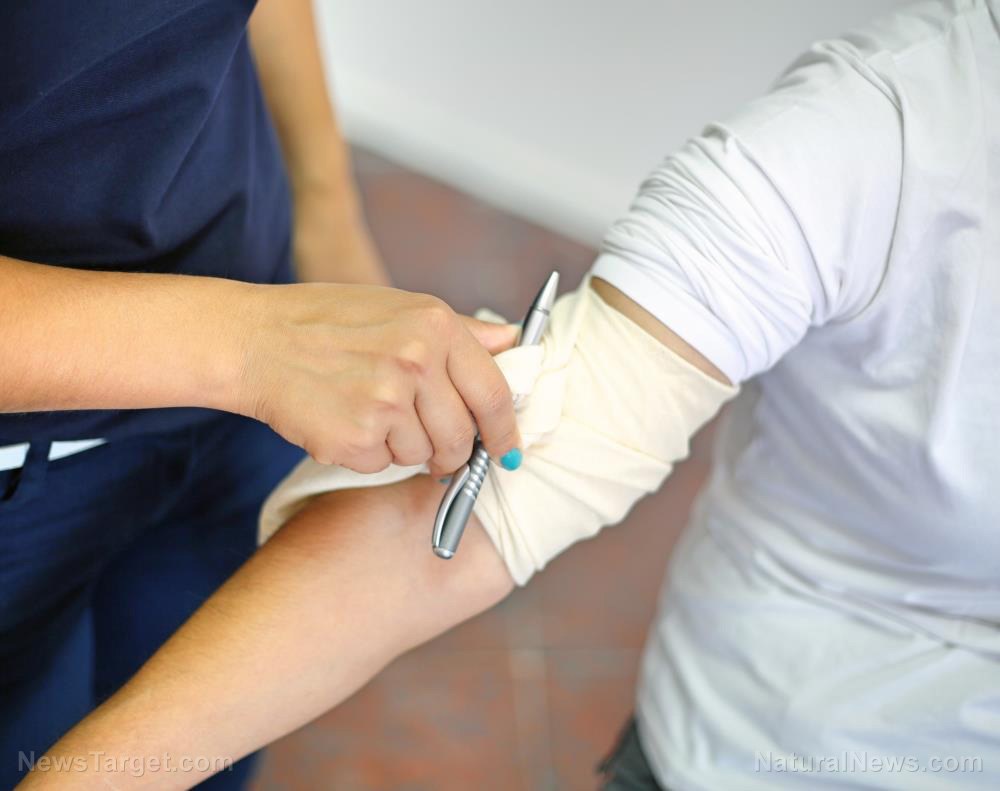
It's important to learn different skills that can help you survive when SHTF. From firestarting to gardening, the list is endless.
If you want to start now, read up on medical skills like maintaining proper hygiene, recognizing early symptoms of various health issues and how to identify mental health conditions.
Even if you're not a medic, you can learn basic first aid skills that may help save someone's life in a disaster scenario. Once you have the skills necessary to help treat someone, you can use the tools you have in your first aid kit to give them the medical attention that they need, especially if you're unable to reach emergency services.
Learn the three skills below to treat yourself or other people in your survival group to keep them safe when SHTF. (h/t to DoomsdayMoose.com)
Practice proper hygiene
Something as simple as proper hygiene may be neglected in a dangerous situation, but this may spell trouble for you or your patient, particularly when dealing with wounds or infections.
Be creative and learn which products and alternatives can be used to disinfect when cleaning, cooking, or performing medical procedures. Use bleach as a disinfectant and to kill spores and other forms of microbial life.
Use hydrogen peroxide for cleaning out cuts and scrapes. The extra oxygen in hydrogen peroxide can also help get rid of harmful organisms and bacteria within the body. (Related: First Aid 101: How to treat animal bites post-SHTF.)
If you don't have bleach or hydrogen peroxide, use rubbing alcohol to disinfect and clean surfaces. Alcohol is a disinfectant and while its sanitizing properties aren’t as strong as bleach, it is suitable for cleaning medical instruments, knives and cuts on the skin.
Practice proper hygiene before and after SHTF to ensure your overall health. Use hand sanitizer, wash your hands thoroughly and bathe regularly to protect yourself from harmful bacteria and prevent the spread of illnesses.
Stock up on resealable plastic bags and use them to properly dispose of contaminated medical waste.
Learn how to recognize early symptoms
Prevention is always better than cure. In a post-SHTF world, knowing how to recognize early symptoms of potential health problems is an important skill to have since even simple and harmless symptoms may indicate severe health conditions or diseases.
Here are some examples:
- Symptoms of bladder issues include frequent urination, painful urination and loss of bladder control.
- Symptoms of digestive issues often include blood in the stool, constipation, diarrhea and heartburn.
- Symptoms of lung diseases can include chronic cough, coughing up blood and wheezing.
Note that some signs and symptoms are harder to recognize than others. Be careful when checking someone's symptoms to avoid giving them the wrong treatment or remedies.
Prioritize mental health
A survival situation can also take a toll on someone's mental health. Conditions like anxiety and depression don't always have easily recognizable symptoms, but knowing what to look out for means you can help someone in their time of need even if they don't say anything.
If a family member is easily agitated, excessively worrying, restless or they have difficulty concentrating, they may be exhibiting symptoms of an anxiety disorder.
Someone with depression may experience physical pains. They can also be constantly fatigued or show signs of aggression or hopelessness.
Talk to your loved ones. Recognizing a mental health condition in its early stages means a trained therapist can teach your family members coping techniques that can help them deal with their anxiety or depression.
Someone with an anxiety disorder or depression may also benefit from counseling or therapy to help them address the underlying causes of their condition and manage symptoms effectively.
Learning how to deal with physical and mental conditions is key to surviving in a post-SHTF world. Even if you're a newbie prepper, showing someone you care and giving them the necessary treatment for their condition can help improve their well-being.
Sources include:
Please contact us for more information.





















